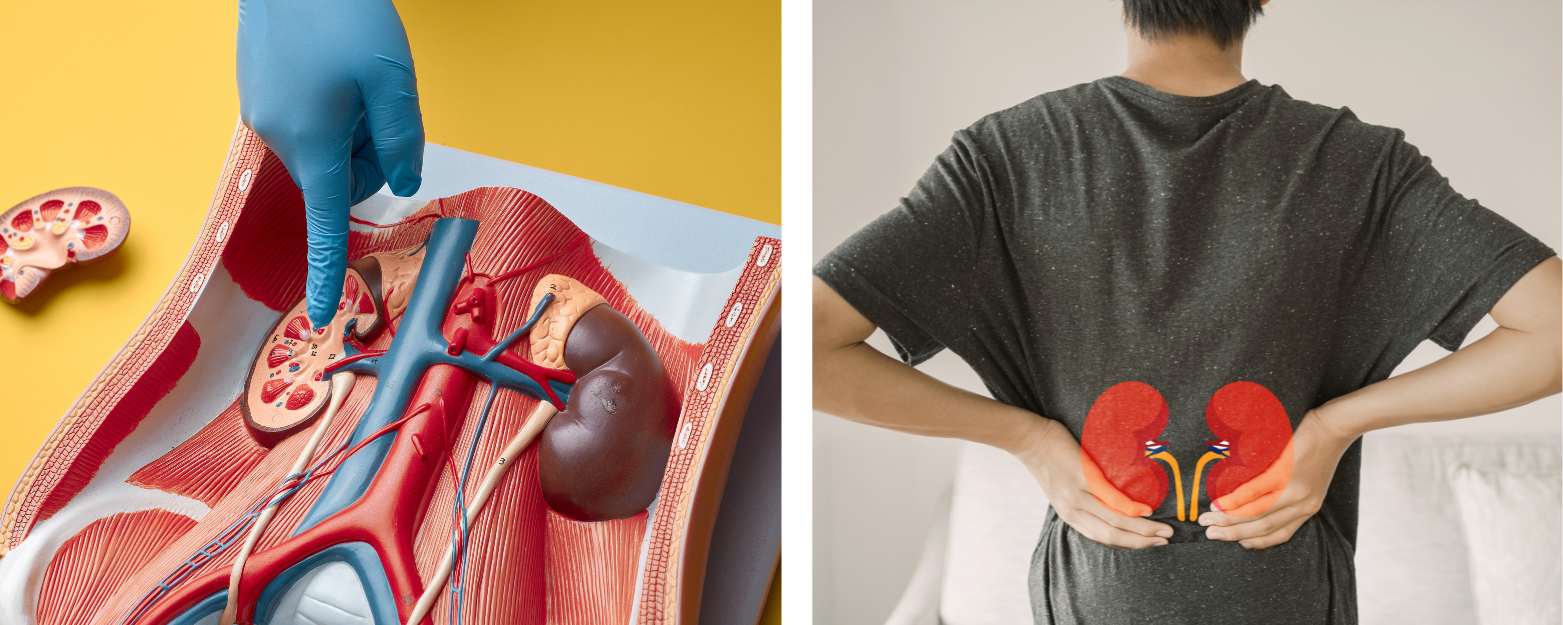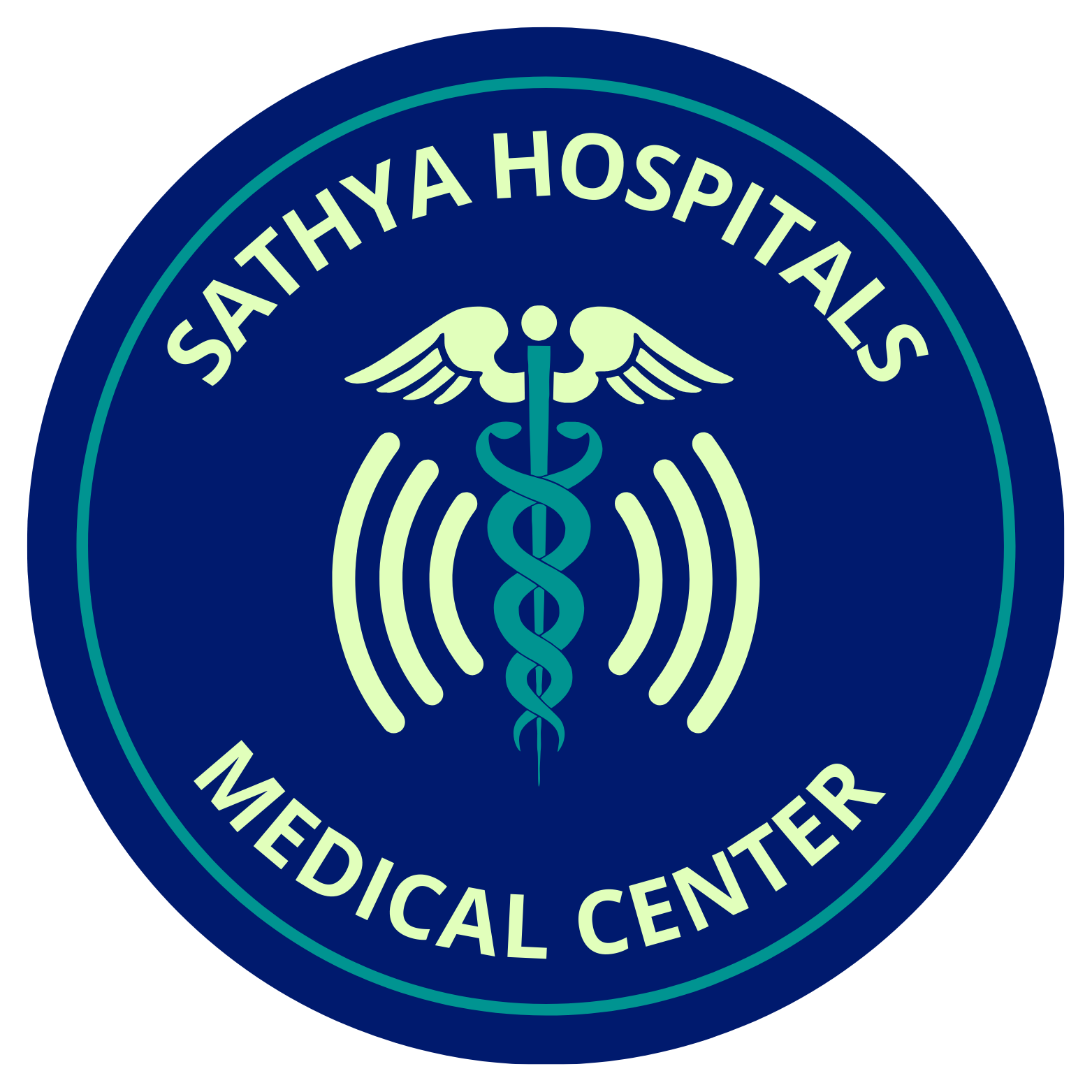Nephrology is a medical specialty focused on the diagnosis, treatment, and management of kidney-related conditions and diseases. Nephrologists are specialists trained to address disorders of the kidneys, which are vital organs responsible for filtering waste from the blood, regulating fluid and electrolyte balance, controlling blood pressure, and producing hormones that support red blood cell production and bone health. Nephrology services are critical for patients with acute or chronic kidney issues, ranging from mild conditions like kidney stones to severe conditions like end-stage renal disease requiring dialysis or transplantation.
Scope of Nephrology Services
Nephrology encompasses a wide range of services, including:
- Diagnosis: Using blood tests, urine tests, imaging, and biopsies to identify kidney issues.
- Medical Management: Treating kidney conditions with medications, lifestyle changes, and monitoring.
- Dialysis: Providing hemodialysis or peritoneal dialysis for patients with kidney failure.
- Kidney Transplantation: Coordinating pre- and post-transplant care (though transplant surgeries may be referred to specialized centers).
- Preventive Care: Offering screenings and education to prevent kidney disease progression, especially for high-risk patients (e.g., those with diabetes or hypertension).
Common Conditions Treated in Nephrology
Nephrology addresses a variety of kidney-related disorders, including:
- Chronic Kidney Disease (CKD): Progressive loss of kidney function over time, often caused by diabetes, hypertension, or glomerulonephritis. Stages range from 1 (mild) to 5 (end-stage renal disease).
- Acute Kidney Injury (AKI): Sudden loss of kidney function due to injury, infection, or dehydration, often reversible with prompt treatment.
- Kidney Stones: Hard deposits of minerals and salts that can cause severe pain and urinary issues, treated with medication, lithotripsy, or surgery.
- Glomerulonephritis: Inflammation of the kidney’s filtering units (glomeruli), often due to autoimmune diseases or infections.
- Nephrotic Syndrome: A condition causing excessive protein loss in urine, leading to swelling and low blood protein levels.
- Polycystic Kidney Disease (PKD): A genetic disorder causing cysts to form in the kidneys, potentially leading to kidney failure.
- Hypertensive Kidney Disease: Kidney damage due to high blood pressure, a common cause of CKD.
- Urinary Tract Infections (UTIs): Recurrent or severe UTIs affecting the kidneys (pyelonephritis).
- Electrolyte Imbalances: Disorders like hyperkalemia (high potassium) or hyponatremia (low sodium) managed by nephrologists.
Diagnostic Methods in Nephrology
Accurate diagnosis is critical for effective kidney care. Common diagnostic tools include:
- Blood Tests:
- Creatinine and Blood Urea Nitrogen (BUN): Measure kidney function (higher levels indicate reduced function).
- Glomerular Filtration Rate (GFR): Estimates how well kidneys filter waste, used to stage CKD.
- Electrolyte Levels: Assess sodium, potassium, and calcium balance.
- Urine Tests:
- Urinalysis: Checks for protein, blood, or infection in urine.
- Albumin-to-Creatinine Ratio (ACR): Detects early kidney damage, especially in diabetic patients.
- Imaging:
- Ultrasound: Visualizes kidney size, structure, and abnormalities like stones or cysts.
- CT Scan or MRI: Provides detailed images for complex cases like tumors or obstructions.
- Kidney Biopsy: A small tissue sample is taken to diagnose conditions like glomerulonephritis or nephrotic syndrome.
- Doppler Ultrasound: Assesses blood flow to the kidneys, useful in hypertensive kidney disease.
Treatment and Management Options
Nephrology treatments aim to slow disease progression, manage symptoms, and improve quality of life:
- Medications:
- Angiotensin-converting enzyme inhibitors (ACEIs) or angiotensin receptor blockers (ARBs) to control blood pressure and protect kidneys.
- Diuretics to manage fluid retention.
- Erythropoietin-stimulating agents for anemia in CKD.
- Phosphate binders for mineral imbalances.
- Dialysis:
- Hemodialysis: Blood is filtered through a machine, typically 3-4 times per week in a dialysis center (e.g., 4-hour sessions).
- Peritoneal Dialysis: Uses the abdominal lining to filter blood, performed at home daily.
- Kidney Transplantation: For end-stage renal disease, involves replacing a failed kidney with a donor kidney (may require referral to a transplant center).
- Lifestyle Interventions:
- Dietary changes (e.g., low-sodium, low-protein diets for CKD).
- Weight management and exercise to control diabetes and hypertension.
- Smoking cessation and limiting alcohol to prevent further kidney damage.
- Surgical Interventions:
- Ureteroscopy or lithotripsy for kidney stones.
- Catheter placement for dialysis access.
- Preventive Care: Regular screenings for high-risk groups (e.g., patients with diabetes, hypertension, or family history of kidney disease).



